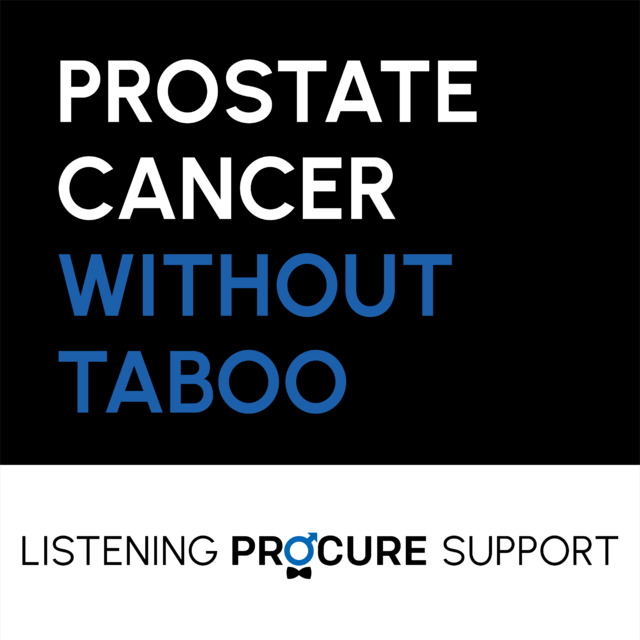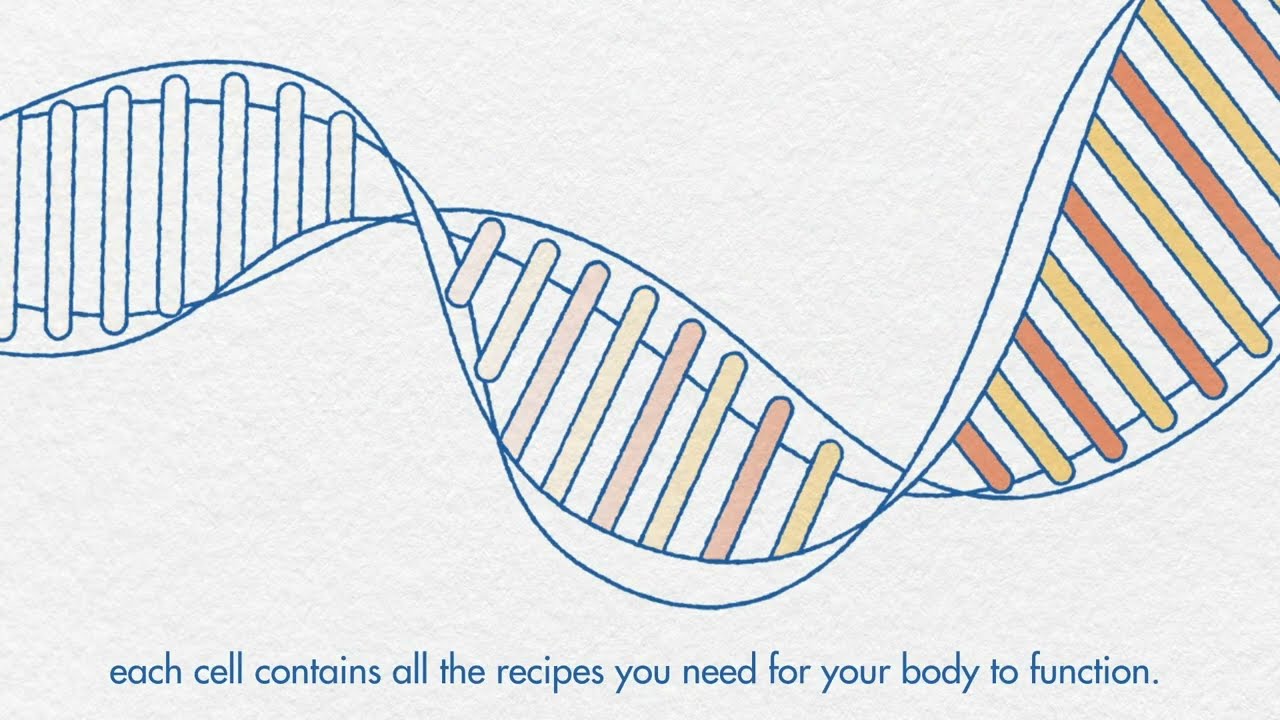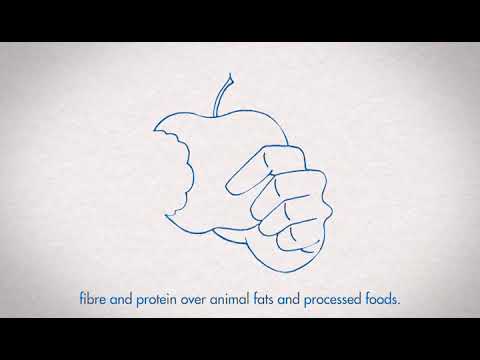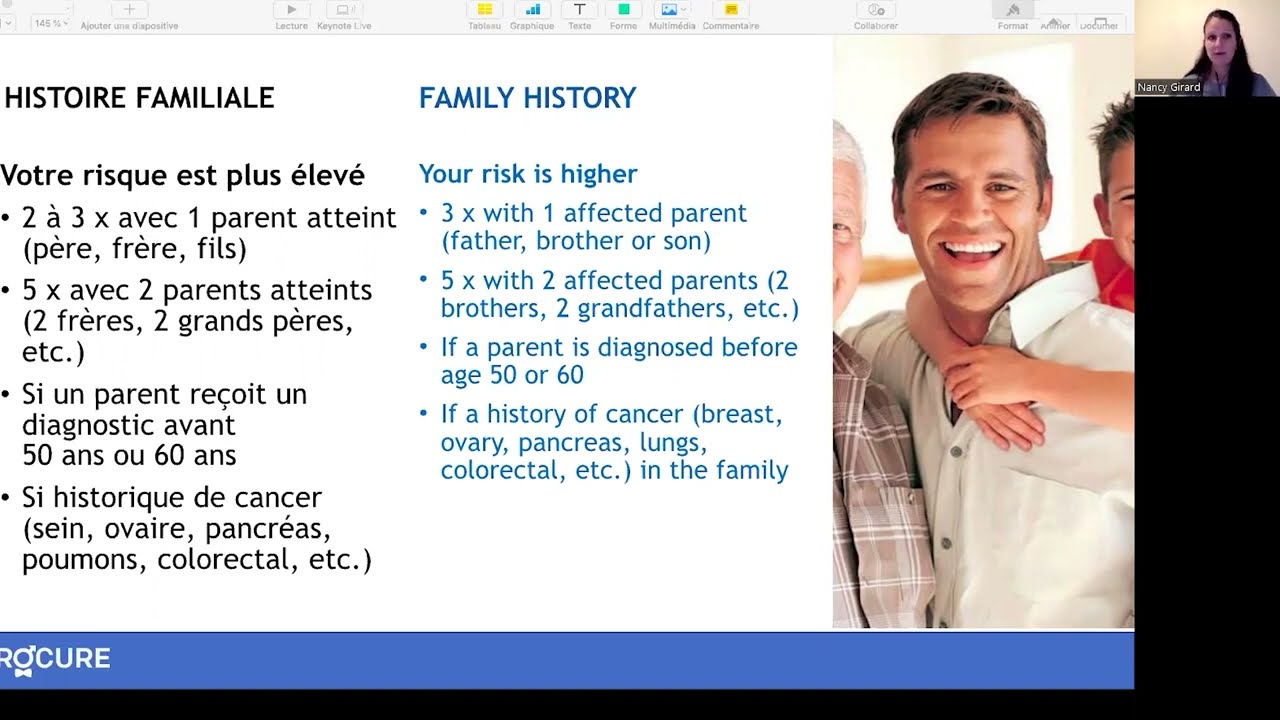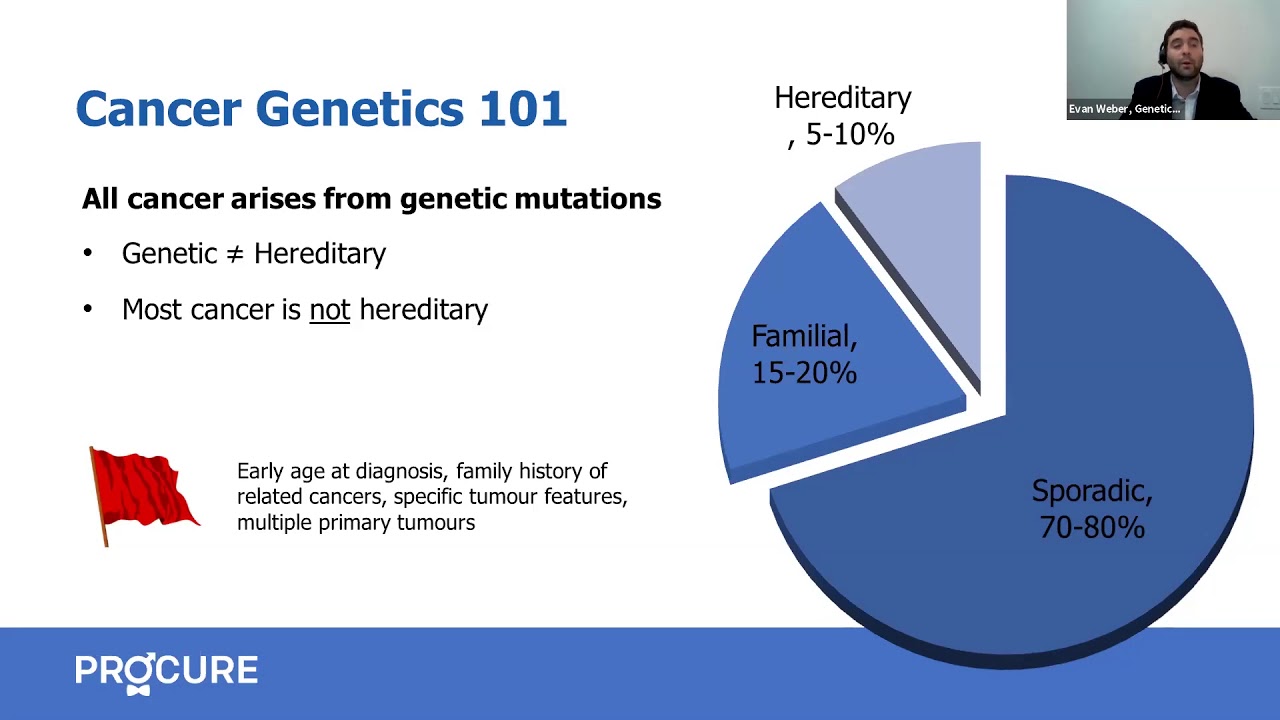Cardiovascular or coronary heart disease is the second leading cause of death in men after cancer and a leading cause of hospitalization. Beyond healthy lifestyle habits, they are also influenced by risk factors. So gentlemen, how about we talk about your heart risks and the risk factors that await you? Here are 5 to remember.
- How do you know if you are having a heart attack? By understanding the warning signs and symptoms of cardiovascular disease…
Your arteries carry blood, oxygen, and nutrients to your heart and the rest of your body. Angina occurs when your heart does not get enough oxygen during exertion or stress. It is distinguished from a heart attack in that the pain is usually relieved by rest or medication. With exertion, you may therefore feel chest pain, which may be accompanied by sensations of tightness, pressure, or burning in your chest. This pain can radiate to your jaw or your arm. This is still a sign that you are at risk for a heart attack. A heart attack happens when an artery in your heart is suddenly closed or blocked by a blood clot. The discomfort and pain are then persistent, requiring a visit to the emergency room. The bottom line is that chest pain should always be taken very seriously.
- You have difficulty speaking, feel numbness on one side of your body, appear to lose vision in one eye? This could be a stroke…
A stroke is when blood flow to one part or another of your brain is interrupted, causing damage to brain cells. A stroke is a medical emergency. If you have any of the above signs, or if you see them in someone else, immediately dial 9-1-1 or call your local emergency number. The choice of your treatment is made considering the type of stroke you have, its severity, your age, your general health, and the time between the onset of symptoms and your arrival at the hospital. And be aware that taking one aspirin a day will not prevent it.
- You have difficulty getting an erection? A frank and honest discussion with your doctor is essential.
Besides treatment for prostate cancer, among the physiological causes of erectile dysfunction, the most common are diabetes and cardiovascular disease. So, your erectile dysfunction, if you have one, may be a discreet sign of a cardiovascular problem, even if there are no warning signs of heart or vascular disease! This is because the arteries in the penis and those in the heart work the same way, that is, erection is a vascular mechanism that involves vasodilation. Thus, erectile dysfunction and heart disease are favored by the same risk factors: overweight, high blood pressure, smoking, diabetes, high cholesterol, stress, age and physical inactivity. It is essential to have frank and honest communication with your doctor and to obtain timely medical help.
- Are you always thirsty, urinating often, losing or gaining unexplained weight, or feeling fatigue or drowsiness?
You could have diabetes. Type 2 diabetes is the most common form of diabetes (90% of cases). It usually shows up in adulthood, from the age of 40. The result is an increase in your blood sugar (blood sugar) levels, as your body misuses glucose (sugar) for energy. The causes of type 2 diabetes are numerous, and, in many cases, it is a combination of several factors that triggers the onset of the disease, such as, for example: if you are overweight, your waistline is high, you are sedentary, you have a poor diet. Hormone therapy for prostate cancer also increases your risk. Hence the importance of listening to your body and trying to take care of yourself. We know it’s not always easy and that’s why you should talk to your doctor about it.
- Get your measuring tape – Is your waistline size less than 36 inches?
If your waistline is over 36 inches, you have an increased risk of developing health conditions like type 2 diabetes, coronary heart disease, and high blood pressure. In addition to contributing to these illnesses, poor eating habits, physical inactivity, and smoking exacerbate related health problems. Studies also show that men who are overweight or obese are more likely to be diagnosed with prostate cancer that is advanced or has already spread (metastasized) to other parts of the body. Again, talk to your doctor about putting in place a plan of action that will motivate you and help you feel better.
Take the time to visit each of our pages on this website, as well as our YouTube channel, in order to get familiar with the disease with our expert lectures, our section on available resources, the support that is offered to you.
Do you have any questions or concerns? Above all, do not hesitate. Contact us at 1 855 899-2873 to discuss with a nurse specializing in uro-oncology. It’s simple and free, like all our services.
Pages of our site that might interest you
How to reduce your risk
Prostate Cancer – Signs and Symptoms
What are the screening tests and is it for you
Articles that might interest you
D: vitamin or hormone? And why is it important?
Men’s Health – 10 Mistakes Not To Do
6 Tips To Keep Your Prostate Healthy
What Your Urine Can Tell You
Written by PROCURE. © All rights reserved – 2021





